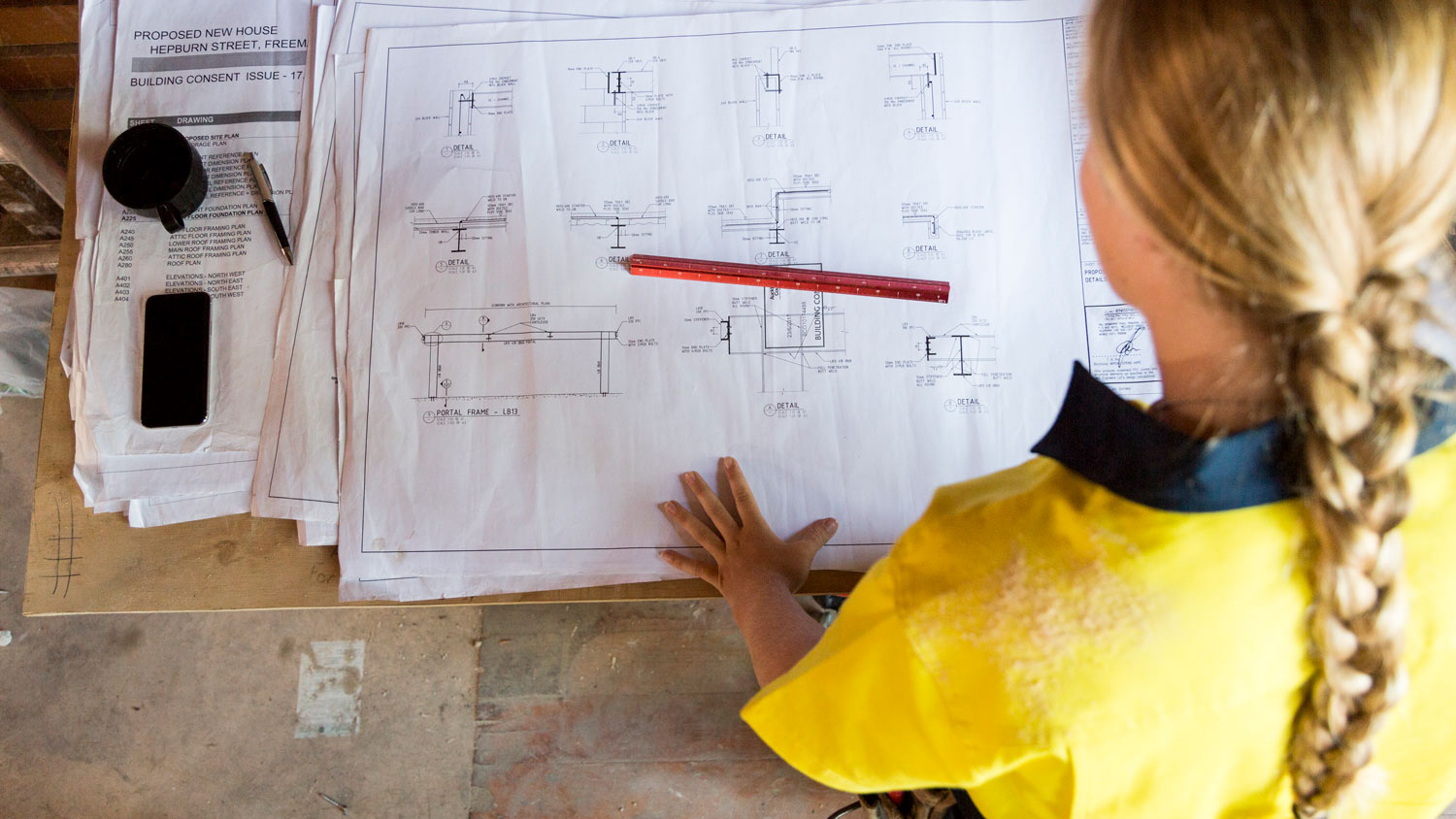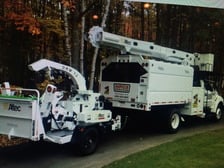
Get matched with top structural engineers in Durham, NH
Enter your zip and get matched with up to 5 pros
Need a pro for your structural engineering project in Durham, NH?
Verified Reviews for Structural Engineering pros in Durham, NH
*The Angi rating for Structural Engineering companies in Durham, NH is a rating based on verified reviews from our community of homeowners who have used these pros to meet their Structural Engineering needs.
*The HomeAdvisor rating for Structural Engineering companies in Durham, NH is a rating based on verified reviews from our community of homeowners who have used these pros to meet their Structural Engineering needs.
Last update on January 17, 2026
Find Structural engineers in Durham
GROOVER SEPTIC DESIGN
GROOVER SEPTIC DESIGN
Home business, no other employes, payment on job completion, cash or personal check.
Home business, no other employes, payment on job completion, cash or personal check.

EHM
EHM
EHM is a structural moving and elevating company that also specializes in foundation repair and replacement. We have been working in the Midwest since the Great Floods of 1993. We specialize in severely comprised foundation issues. We can elevate, level, pier or replace a wall or your entire foundation. We do not do mudjacking, waterproofing or minor crack repair.
"I did not get the service that we originally talked about I am very unhappy"
Donna S on August 2021
EHM is a structural moving and elevating company that also specializes in foundation repair and replacement. We have been working in the Midwest since the Great Floods of 1993. We specialize in severely comprised foundation issues. We can elevate, level, pier or replace a wall or your entire foundation. We do not do mudjacking, waterproofing or minor crack repair.
"I did not get the service that we originally talked about I am very unhappy"
Donna S on August 2021
CIVIL DESIGN ENGINEERING CONSULTANTS LLC
CIVIL DESIGN ENGINEERING CONSULTANTS LLC
ADDITIONAL ADDRESS PO BOX 312.
ADDITIONAL ADDRESS PO BOX 312.
Riverview Home Design Group
Riverview Home Design Group
We are a growing architecture firm located on the south shore of Massachusetts. We specialize in residential additions, renovation, structural design and new construction.
We are a growing architecture firm located on the south shore of Massachusetts. We specialize in residential additions, renovation, structural design and new construction.
Michael Weatherby & Associates
Michael Weatherby & Associates
Full service commercial residential contracting firm, insured, certified EPA firm, HERS certification, VT EMP lead safe practices, over 40 years experience
Full service commercial residential contracting firm, insured, certified EPA firm, HERS certification, VT EMP lead safe practices, over 40 years experience
The Durham, NH homeowners’ guide to structural engineering services
From average costs to expert advice, get all the answers you need to get your job done.

The cost of a structural engineer is easily justifiable given the value they bring to the table. Use this guide to see what hiring your professional will total in Portland, OR.

The cost of a structural engineer is easily justifiable given the value they bring to the table. Use this guide to see what hiring your professional will total in St. Louis, MO.

The cost of a structural engineer is easily justifiable given the value they bring to the table. Use this guide to see what hiring your professional will total in Chicago, IL.

Do you have a load-bearing wall standing between you and your projects that you want to remove? Learn about the cost of removing a load-bearing wall.

Keeping your home safe and structurally sound should be a top priority. Learn to recognize the signs of structural damage you should never ignore.

A squeaky floor may just be an annoyance, or it may signal a structural problem. Learn when to be concerned about a squeaky floor.
- Lee, NH Structural engineers
- Newmarket, NH Structural engineers
- Madbury, NH Structural engineers
- Barrington, NH Structural engineers
- Newfields, NH Structural engineers
- Dover, NH Structural engineers
- Epping, NH Structural engineers
- Nottingham, NH Structural engineers
- Stratham, NH Structural engineers
- Greenland, NH Structural engineers
- Somersworth, NH Structural engineers
- Rollinsford, NH Structural engineers
- Exeter, NH Structural engineers
- Kensington, NH Structural engineers
- Brentwood, NH Structural engineers
- Newington, NH Structural engineers
- Portsmouth, NH Structural engineers
- Northwood, NH Structural engineers
- Rochester, NH Structural engineers
- Raymond, NH Structural engineers
- Fremont, NH Structural engineers
- North Hampton, NH Structural engineers
- Rye, NH Structural engineers
- New Castle, NH Structural engineers
- Deerfield, NH Structural engineers
- Kitchen And Bath Remodeling in Durham
- Plumbing in Durham
- Leaf Removal in Durham
- Electrical in Durham
- Siding in Durham
- Roof Ice And Snow Removal in Durham
- Cleaning in Durham
- Excavating in Durham
- Flooring in Durham
- Lawn And Yard Work in Durham
- Dumpster Rental in Durham
- Handyman Service in Durham
- Moving in Durham
- Driveways in Durham
- Painting in Durham
- Mailbox Repair in Durham
- Exterior Painting in Durham
- Roofing in Durham
- Fencing in Durham
- Fireplaces in Durham
- Tree Service in Durham
- Computer Repair in Durham
- Windows in Durham
- Locksmiths in Durham
- Awnings in Durham
- Asbestos Removal in Durham
- Roof Cleaning in Durham
- Concrete Leveling in Durham
- Pest Control in Durham
- Concrete Stamped Decorative in Durham
- 🌱 "Mow a small front yard"
- 🛠 "Fix a leaking pipe under the sink"
- 🏠 "Repair shingles on an asphalt roof"








